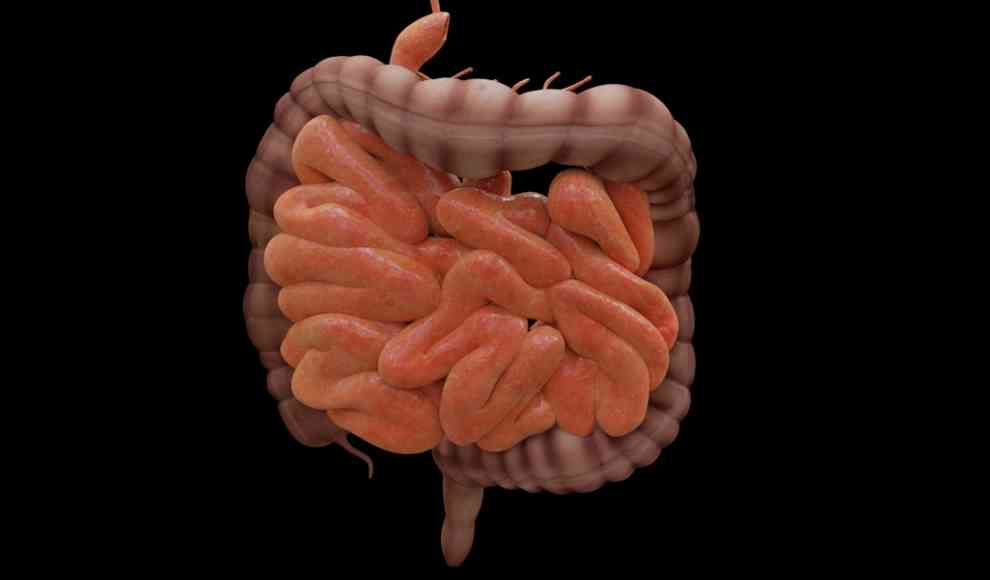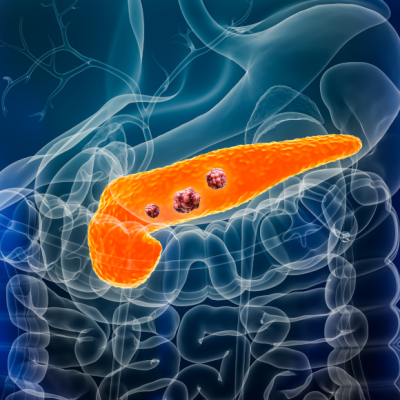Men have almost twice the risk of developing colon cancer compared to women, despite known risk factors only partially explaining this disparity. Hormones may be a factor, with women’s hormones potentially providing an underestimated protective factor. In Germany, approximately 55,000 people are diagnosed with colon cancer each year, with significantly more men than women affected. Known risk factors include high consumption of red meat and smoking, habits that are more common in men than women. Research on fruit flies has also suggested that hormonal influences may contribute to colon cancer growth. However, the reasons for the significant gender differences in risk factors remain unclear.
To investigate further, a team led by Tobias Niedermaier from the German Cancer Research Center analyzed nearly 16,000 health records of men and women aged 55 to 79 years to identify additional factors contributing to gender differences in colon cancer risk. The team considered the most important known and proposed risk factors, including age, family history of colon cancer, diabetes, previous colonoscopy, aspirin and statin use, smoking, alcohol consumption, body mass index (BMI), height, physical activity, consumption of red and processed meat, fruits and vegetables, whole grains, and hormone replacement therapy in women. The results showed that colon cancer and advanced adenomas were almost twice as common in men as in women.
The team then calculated whether known risk and protective factors could explain the gender differences. While many of these factors differed significantly between men and women, they could only explain 47% of the higher colon cancer risk in men. The researchers suggest that female hormones may be an underestimated protective factor against colon cancer. Future studies should consider information on birth control pill use, pregnancies, breastfeeding, and the onset and end of menstrual periods to better evaluate this potential risk factor.
In conclusion, the study highlights the importance of colon cancer screening, particularly for men, and the need for further research to better understand the role of hormonal factors in colon cancer risk. The findings also suggest that female hormones may provide a protective factor against colon cancer, which could help explain the remaining gender gap in risk factors.










